Art & Exhibitions
Bowie! Degas! Danh Vo! 36 Electrifying Museum Shows to See Across the United States in (Early) 2018
The first three months bring the US debut of "Soul of a Nation," "Art in the Age of the Internet," and a sequel to "Womenhouse."
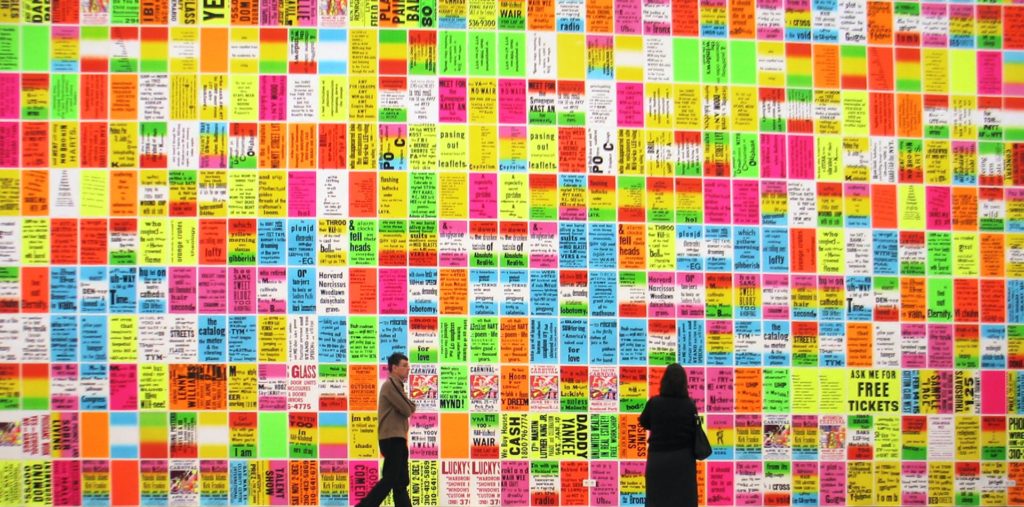
The first three months bring the US debut of "Soul of a Nation," "Art in the Age of the Internet," and a sequel to "Womenhouse."

Caroline Goldstein

Here are some of artnet News’s highlights of museum shows opening across the United States in the first three months of 2018:
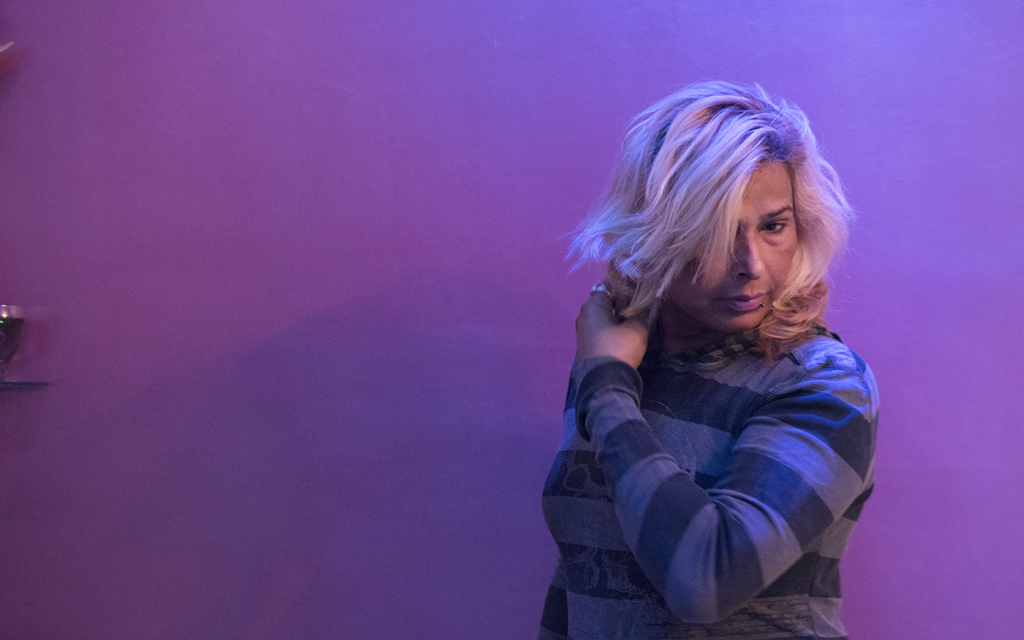
Sunil Gupta and Charan Singh, Lily #2 (2014). Courtesy of artists and sepiaEYE, New York, New York.
Sunil Gupta and Charan Singh chronicle contemporary LGBTQ+ life in Delhi, India, via some 40 color documentary photographs. (The show is presented in conjunction with Houston’s annual FotoFest, which this year focuses on new media and photography art from India.)
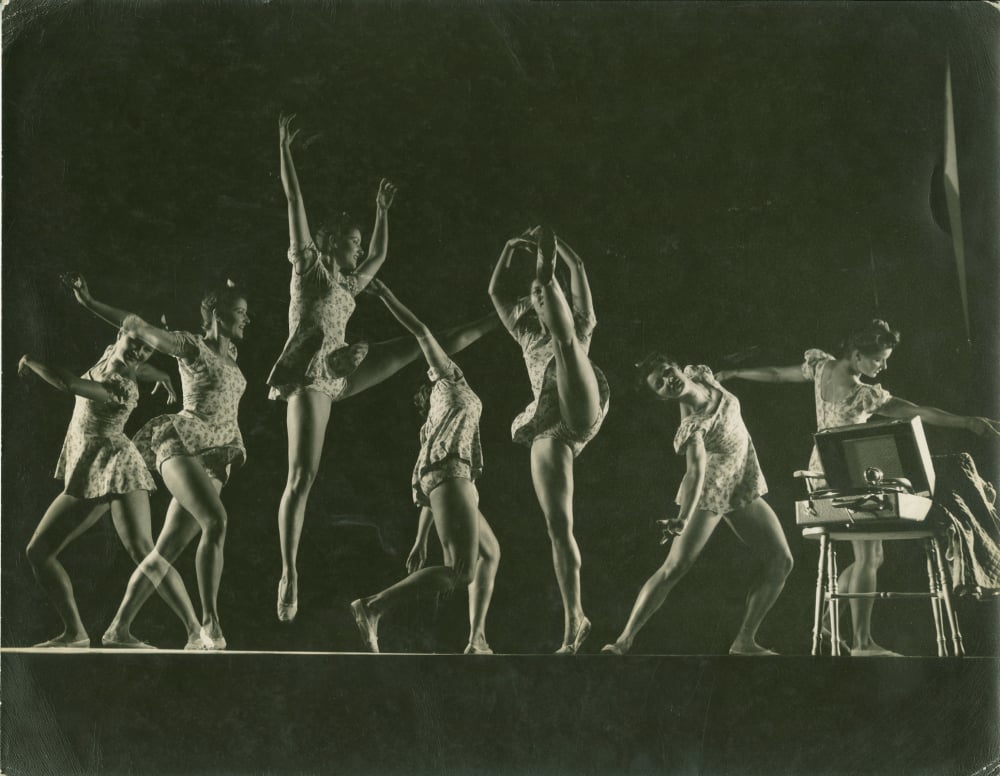
Gjon Mili’s Stroboscopic image of girl dancing in studio with portable record player (1945). Courtesy of the San Diego Museum of Art.
While his name is not immediately recognizable, the photographs of Gjon Mili graced the pages of Life magazine for decades. Mili was a pioneering photographer in capturing motion using various tools and technologies that redefined the limits of photography.
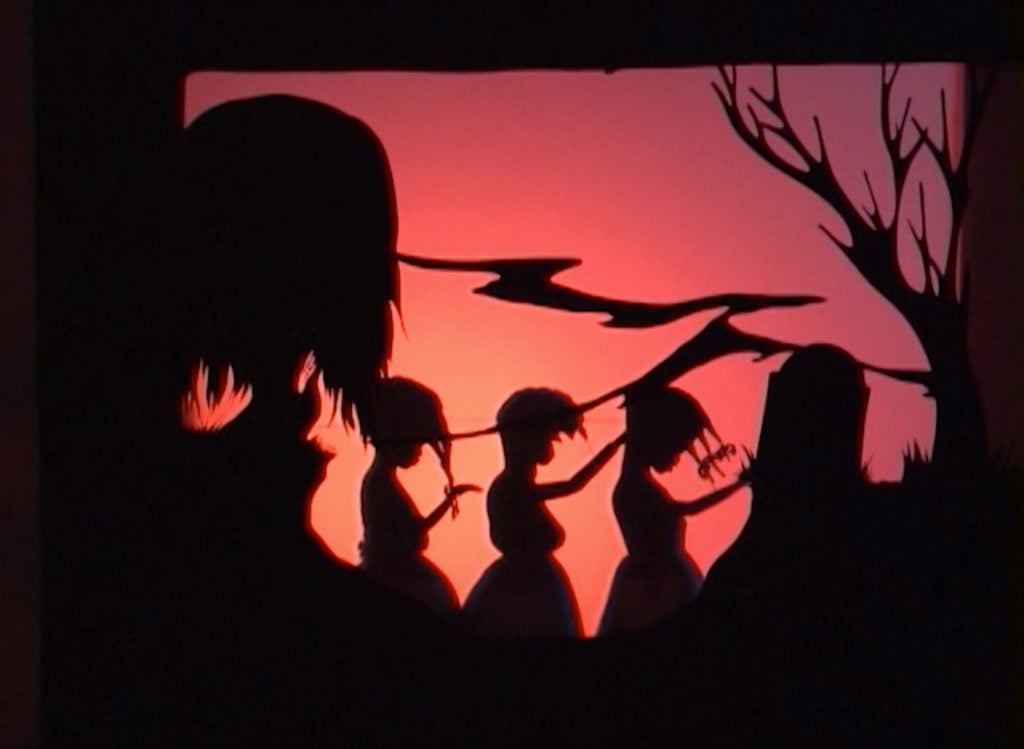
Still from Kara Walker’s …calling to me from the angry surface of some grey and threatening sea. I was transported (2007). Whitney Museum of American Art, NY. ©2005 Kara Walker. Courtesy Sikkema Jenkins & Co. NY.
With a selection of video installations by Charles Atlas, Barbara Kruger, and Kara Walker, “Unspeakable” highlights the ways these contemporary creators deploy visual imagery, montage, and narration as social critique.
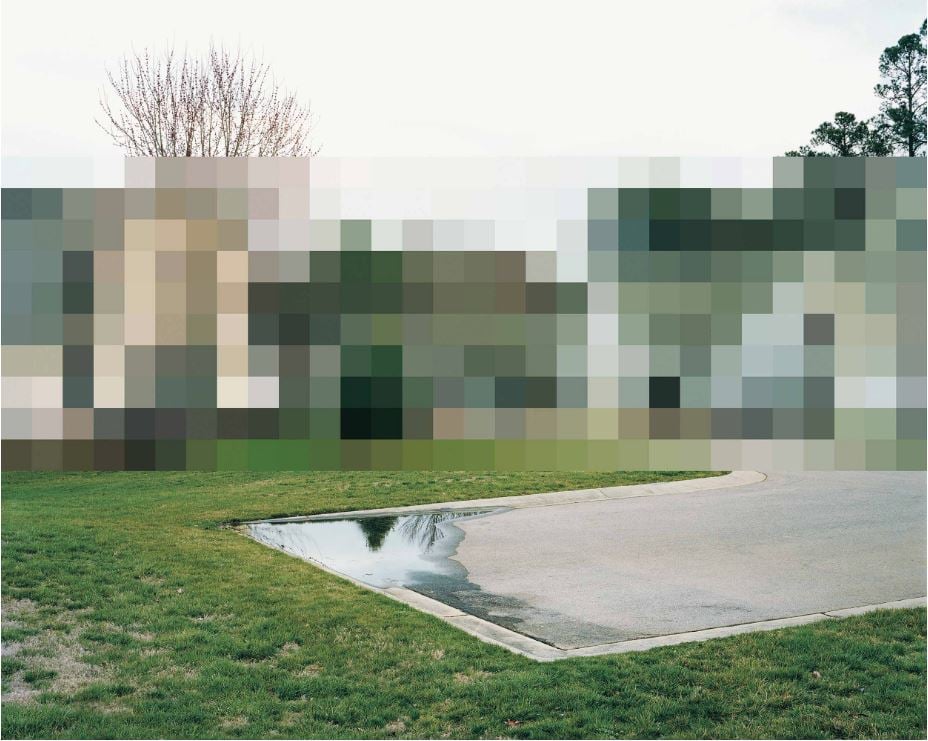
Edmund Clark, Redacted image of a complex of buildings where a pilot identified as having flown rendition flights lives, from Negative Publicity: Artefacts of Extraordinary Rendition (2015), by Crofton Black and Edmund Clark. Image courtesy International Center of Photography.
A decade’s worth of video and installation work by the British photographer, focusing on the toll of the global war on terror.
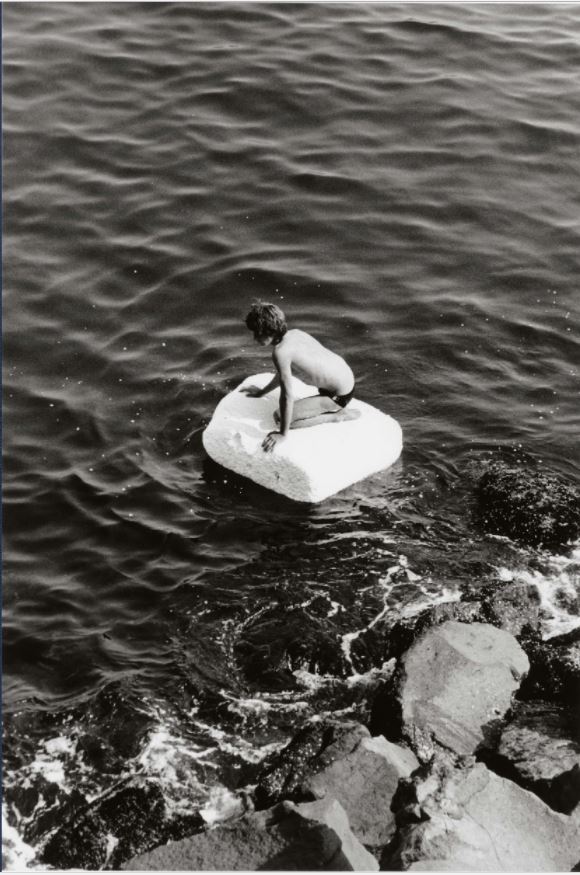
Peter Hujar’s Boy on Raft (1978). © Peter Hujar Archive, LLC. Emily Phoenix.
This show brings together more than 100 photographs created by Hujar over the course of his career, serving as a record of the societal shifts in New York City—especially the East Village—as it changed from the Stonewall uprising in 1969 through the 1980s as the AIDS crisis took hold.
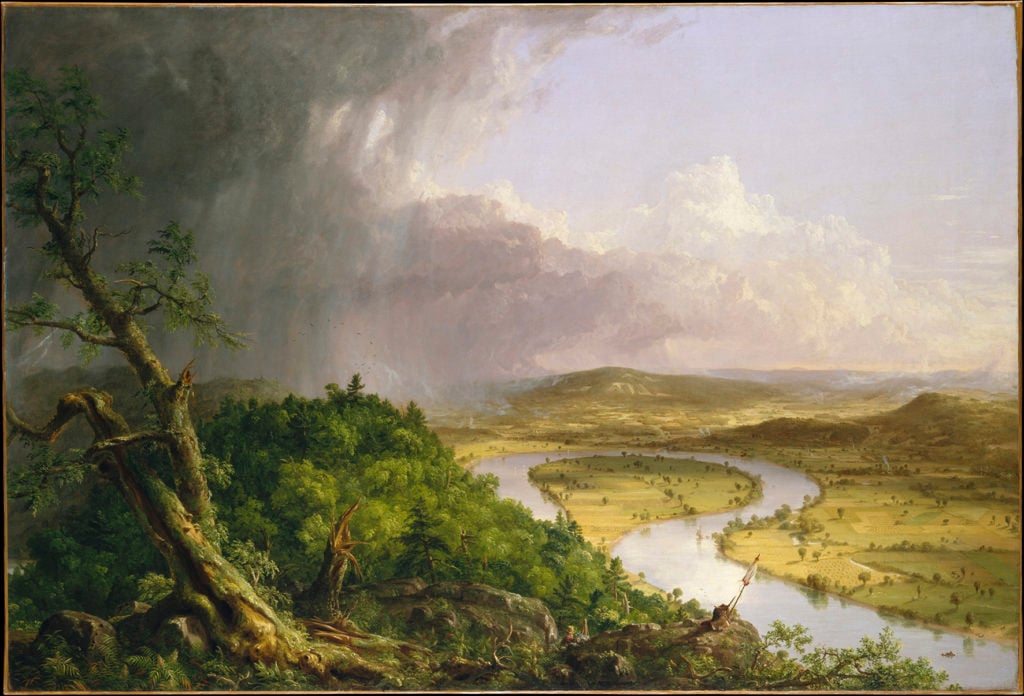
Thomas Cole, View from Mount Holyoke, Northampton, Massachusetts, after a Thunderstorm – The Oxbow (1836).
Image © The Metropolitan Museum of Art, New York
To mark the 200th anniversary of Thomas Cole’s first trek across the Atlantic, major works by the landscape painter highlight the influence of Cole’s travels on a body of work best known for capturing the American landscape.
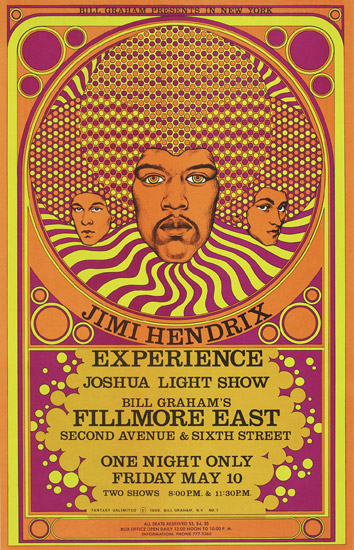
The Jimi Hendrix Experience poster, probably designed by Fantasy Unlimited. Image courtesy Philadelphia Museum of Art.
A look at how artists, graphic designers, and architects responded to a tumultuous decade. A trove of rock-and-roll posters is touted as a particular highlight.
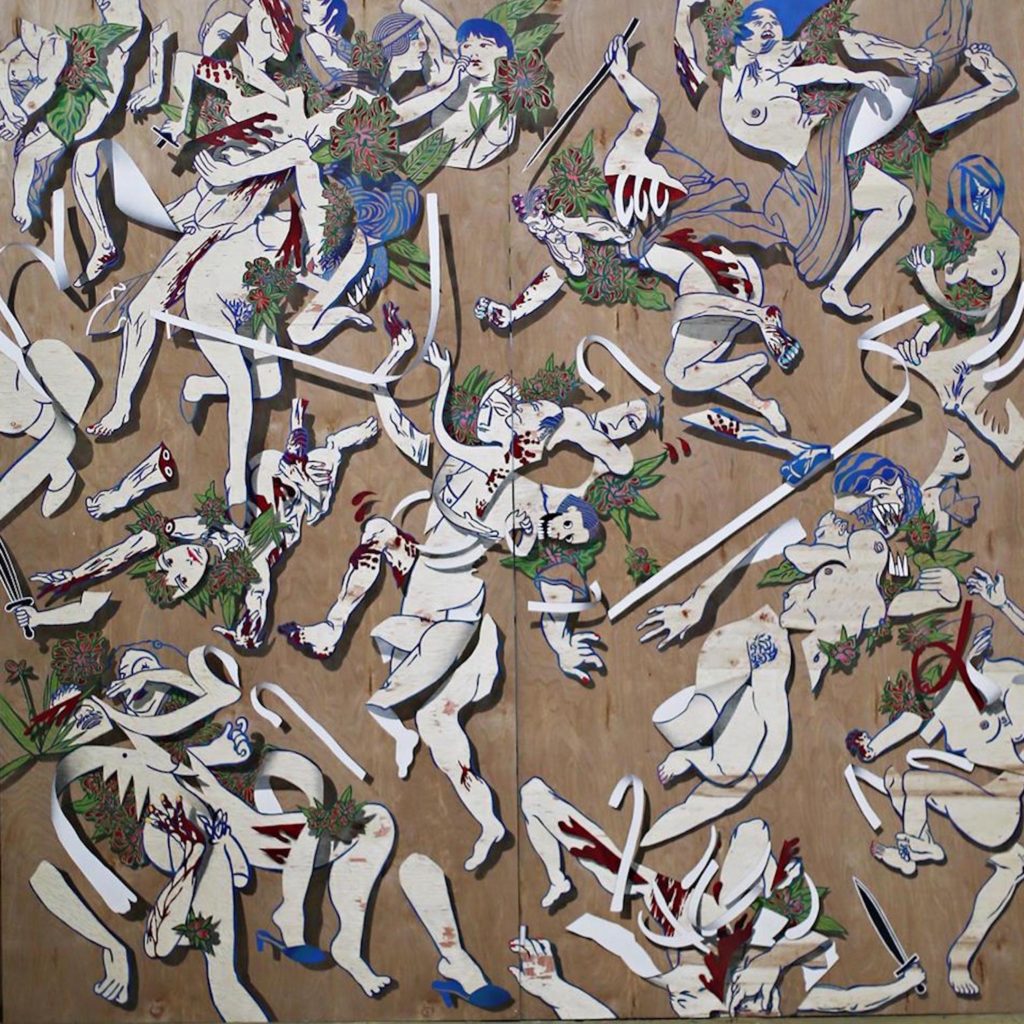
Diego Rodriguez-Warner’s Nude Women, Dead Men (2017). Courtesy of the artist and MCA Denver.
Printmaker Diego Rodriguez-Warner’s new work gives us a tangle of tromp l’oeil gestures and art historical references culled from his life growing up in Denver and training formally as an artist.
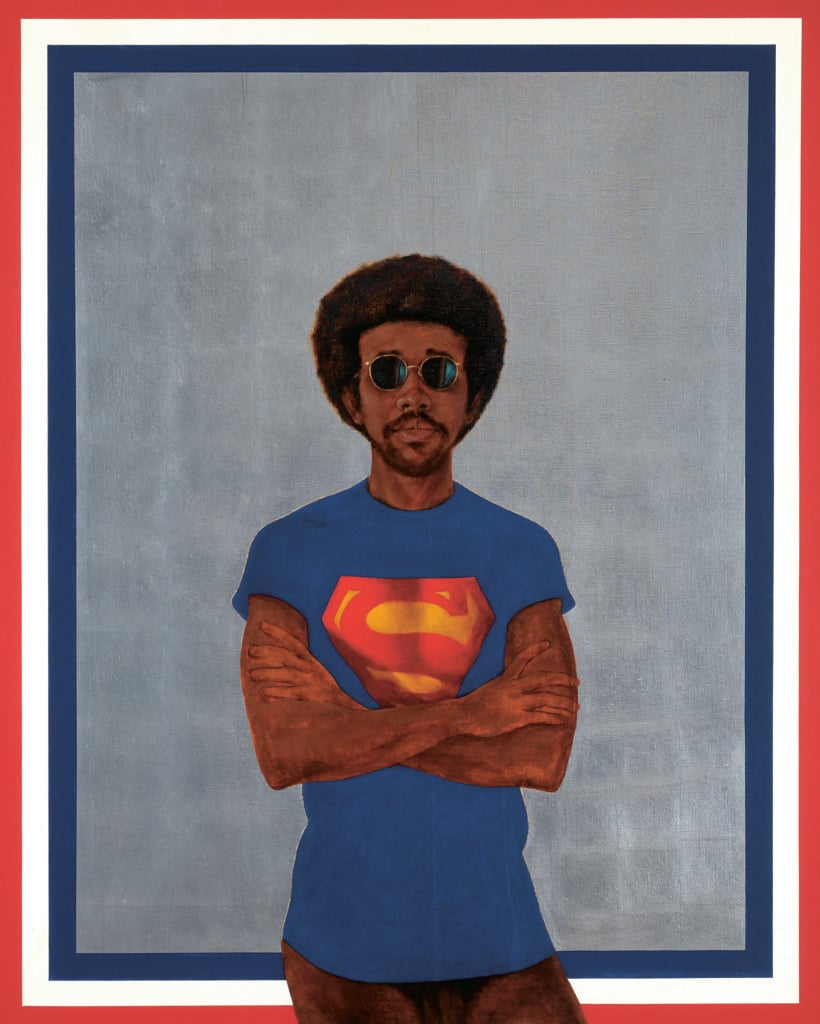
Barkley Hendricks, Icon for My Man Superman (Superman Never Saved Any Black People–Bobby Seale), (1969). Courtesy Barkley L. Hendricks and Jack Shaiman Gallery, NY.
The blockbuster Tate show arrives in the US, looking at the forces that shaped some 60 artists including Romare Bearden, Noah Purifoy, Martin Puryear, Faith Ringgold, Betye Saar, Alma Thomas, Charles White, and William T. Williams.

(L) Paul Klee’s Young Moe (1938). (R): Kenneth Noland’s In the Garden (1952). Courtesy of the Phillips Collection.
An exhibition celebrating the work of Paul Klee as a pioneer of abstract art, design, and color theory, documenting his lasting imprint on a generation of American artists. Klee’s works are presented in dialogue with artists including William Baziotes, Adolph Gottlieb, Robert Motherwell, and Kenneth Noland.
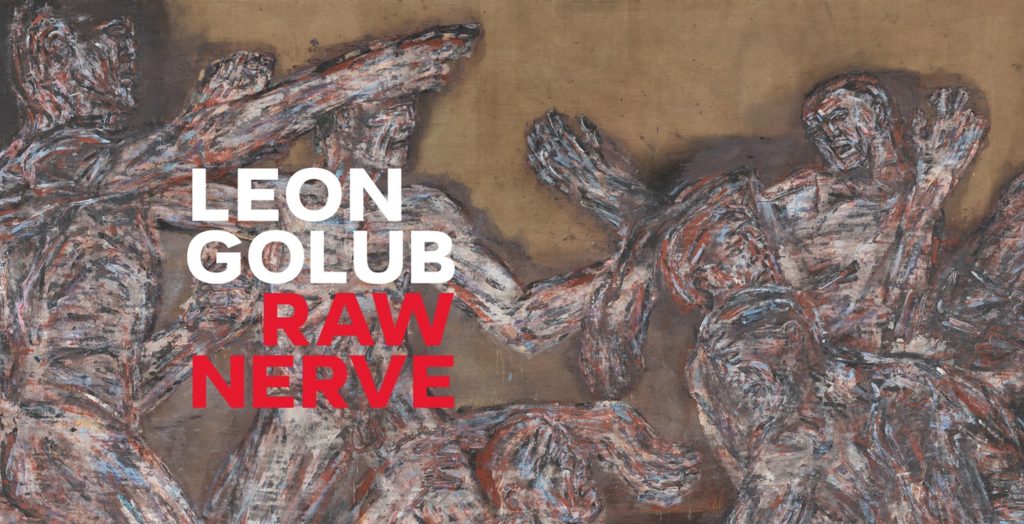
Detail from Leon Golub’s Gigantomachy II (1966). Courtesy of the Metropolitan Museum of Art. © The Nancy Spero and Leon Golub Foundation for the Arts/Licensed by VAGA, New York, NY
A survey of paintings by the expressionist Leon Golub, including Gigantomachy II, gifted to the museum in 2016, as well as works from throughout this politically inspired artist’s career.
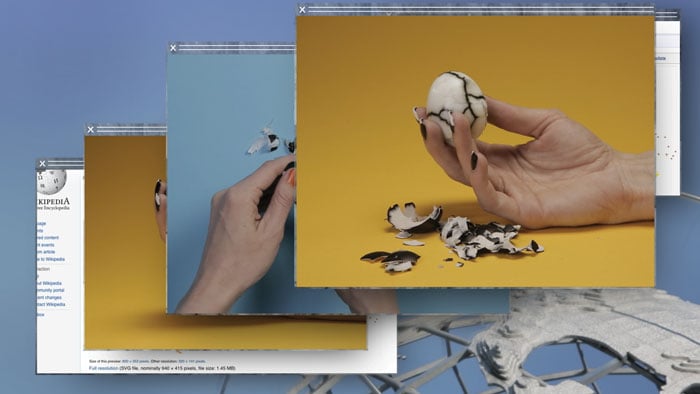
Still from Camille Henrot’s Grosse Fatigue. © Camille Henrot, Silex Films, and kamel mennour, Paris.
“Art in the Age of the Internet” aims to be a survey of exactly what the title suggests, looking at the work from a diverse group of artists including Harun Farocki, Nam June Paik, Thomas Ruff, Frances Stark, Hito Steyerl, Martine Syms, and Anicka Yi.
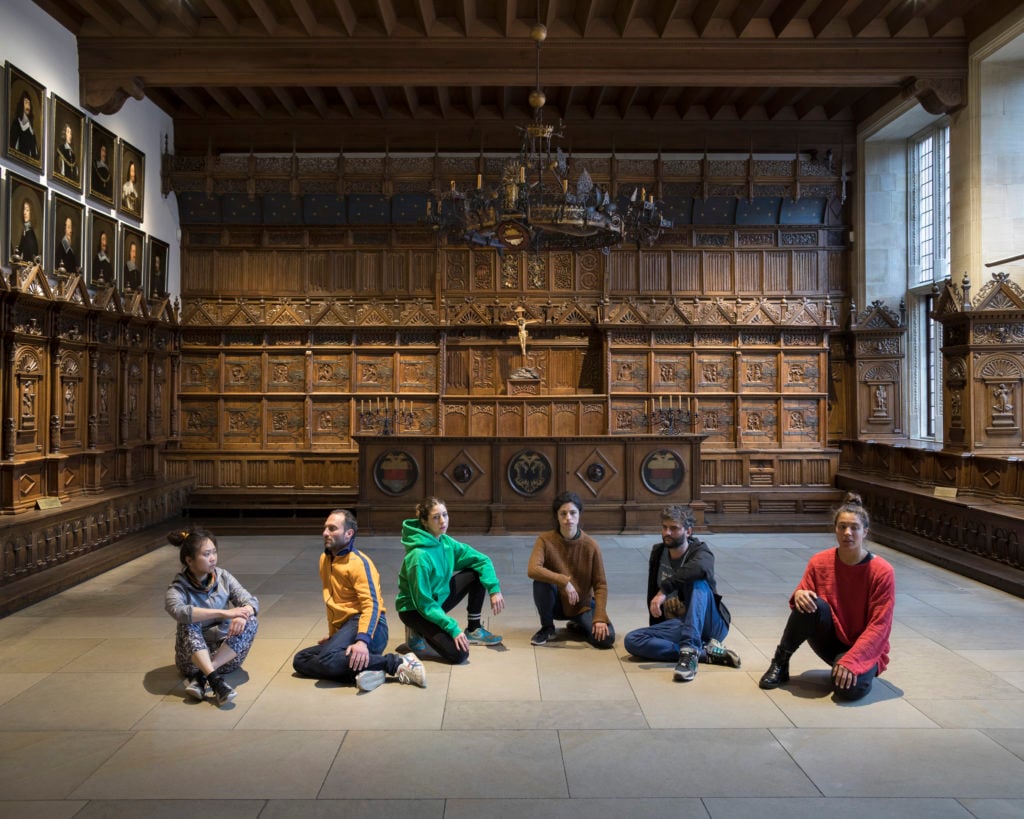
Alexandra Pirici, Leaking Territories, ©Skulptur Projekte 2017, photo: Henning Rogge.
Alexandra Pirici blends fluid choreography and performance art. Using both live actors and a hologram (!), her work urges viewers to question the notion of what it means to be ‘present,’ especially in the context of a museum.

(L): Harald Szeemann in the “Fabrica Rosa.” Photo: Fredo Meyer-Henn, State Archive of Canton Bern. (R): Installation view of “Grandfather: A Pioneer Like Us” at Galerie Toni Gerber, Bern.
Harald Szeemann is regarded as a pioneering curator in the avant-garde movements of the 1960s and 1970s. For this exhibition, materials culled from the Harald Szeemann Archive at the Getty Research Institute provide a cohesive examination of the super-curator’s many wide-ranging interests.
*This exhibition features a satellite presentation, “Grandfather: A Pioneer Like Us,” on view at the Institute of Contemporary Art, Los Angeles (ICA LA) from February 4 to April 22, 2018.
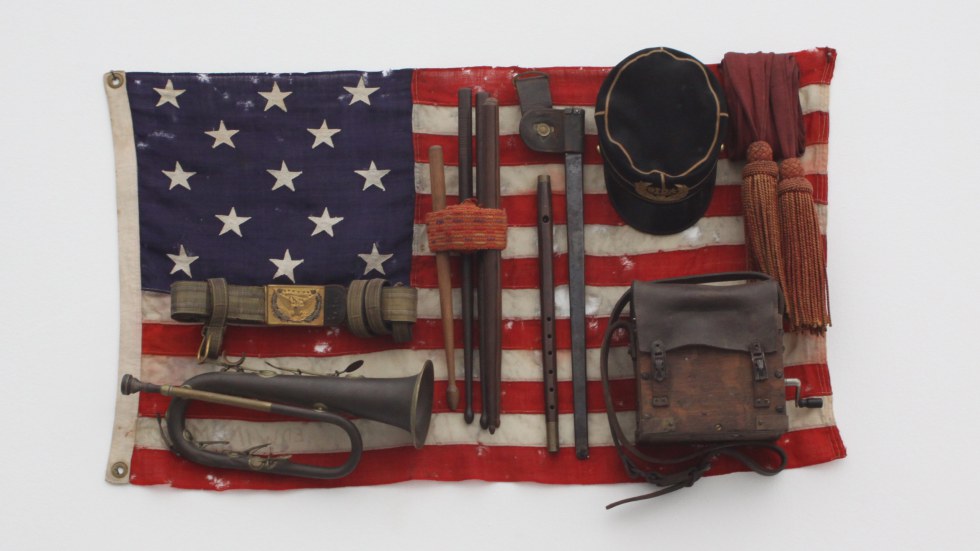
Danh Vo’s She was more like a beauty queen from a movie scene (2009). Photo: Jean-Daniel Pellen, Paris.
This winter, the Guggenheim has the first American survey of the Vietnam-born Vo, whose work reflects on the influence of US materialism and military force on Southeast Asia.
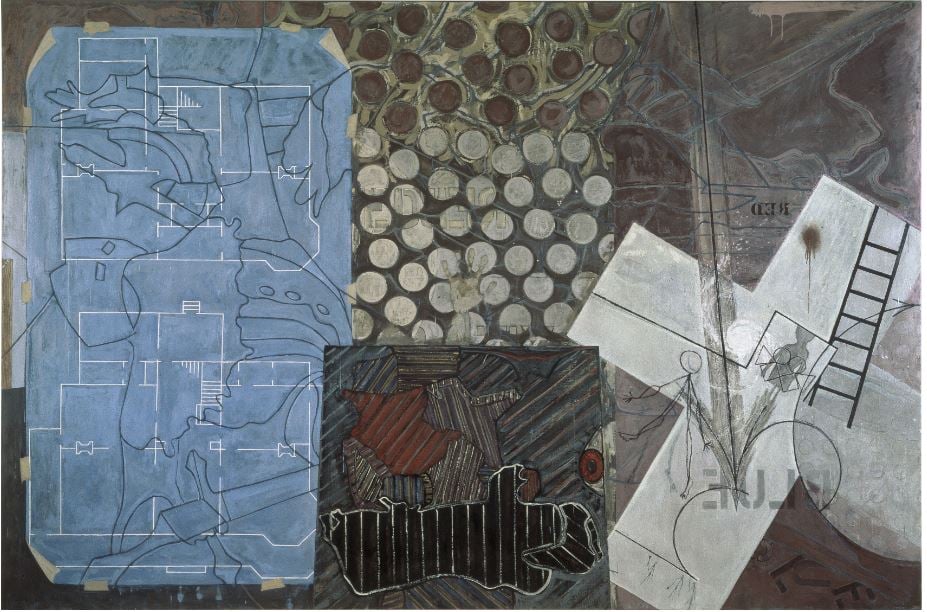
Jasper Johns, Untitled (1992-4). The Eli and Edythe L. Broad Collection
Art © Jasper Johns/Licensed by VAGA, New York, NY.
A major tribute to the famed neo-Dada, proto-Pop artist, via some 120 important works, in a show co-organized with the Royal Academy in London.
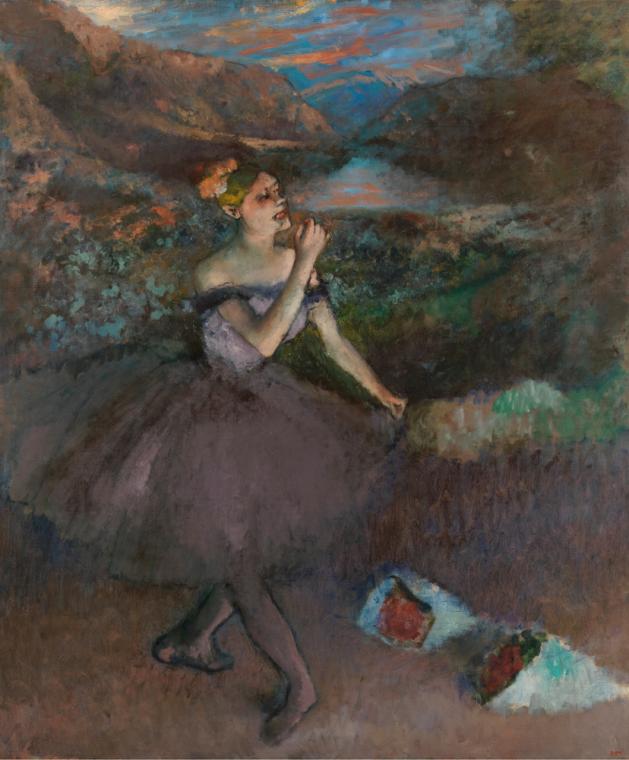
Edgar Degas, Dancer with Bouquets (c.1890). Courtesy of the Denver Art Museum.
The DAM charts the course of the master Impressionist’s 60-year career, demonstrating his unique ability to capture the changing city around him. The more than 100 works include bronze sculptures, pastels, paintings, and prints that demonstrate his fondness for experimentation.
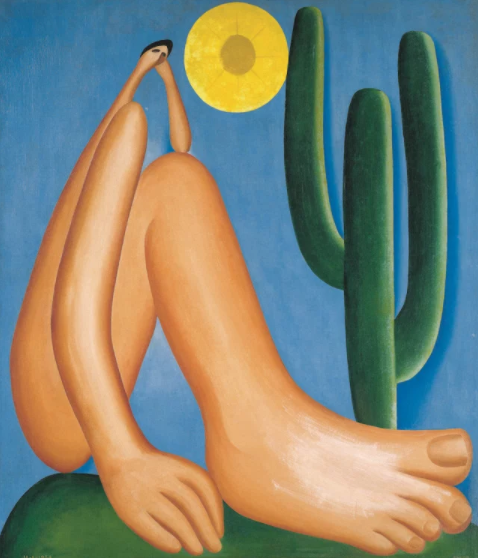
Tarsila do Amaral, Abaporu (1928). Image courtesy MALBA.
In keeping with the boom in Brazilian modernism, a major exhibition exploring the work of modernist painter Tarsila do Amaral lands in New York this winter, exposing new audiences to the colorful and radical abstraction that helped define the Neo-Concrete and abstract movements in 1960s Brazil.

Jeff Koons, New! New Too! (1983). Image © Jeff Koons.
More than 150 artworks by 66 artists including Ashley Bickerton, General Idea, Jenny Holzer, and Jeff Koons, exploring the way that commerce infiltrated art—and vice versa—in the 1980s.
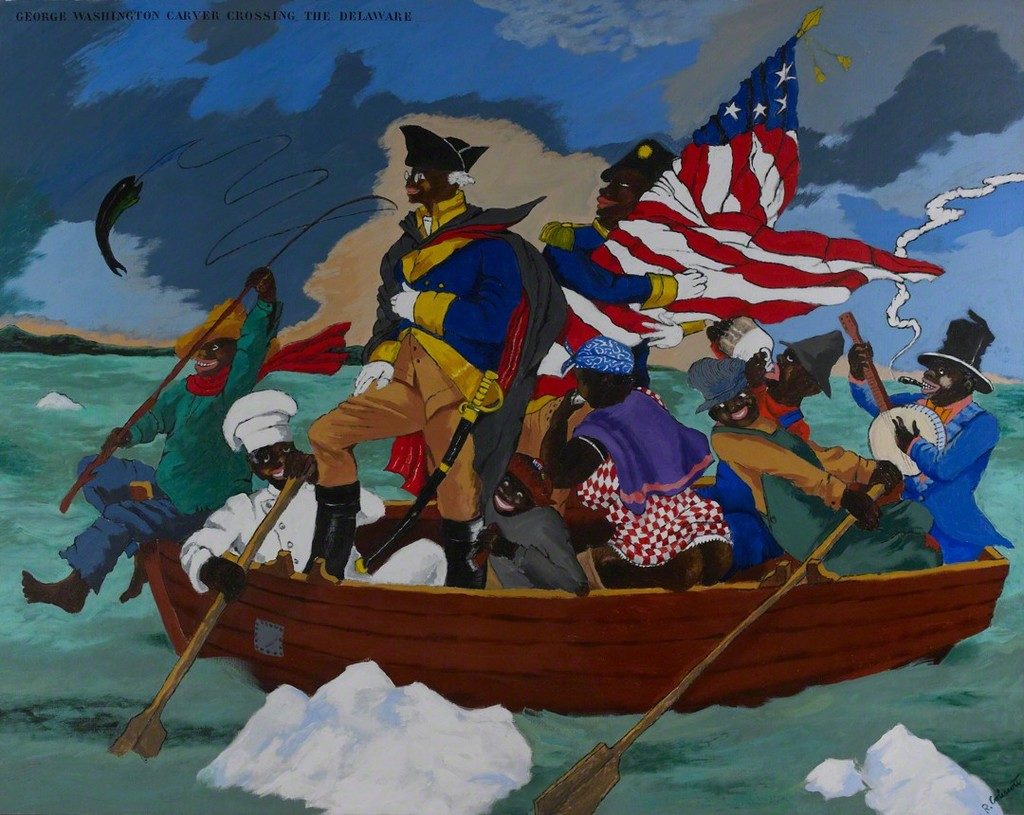
Robert Colescott’s George Washington Carver Crossing the Delaware: Page from an American History Textbook, (1975). © 2017 Estate of Robert Colescott / Artists Rights Society (ARS), New York, Photo: Jean Paul Torno.
A three-artist showcase that promises “compelling perspectives on Black culture and representation in an ever changing social and political landscape.” Colescott, Marshall, and Thomas all create large-scale tableaux that question history and reinterpret the imagery of American identity.
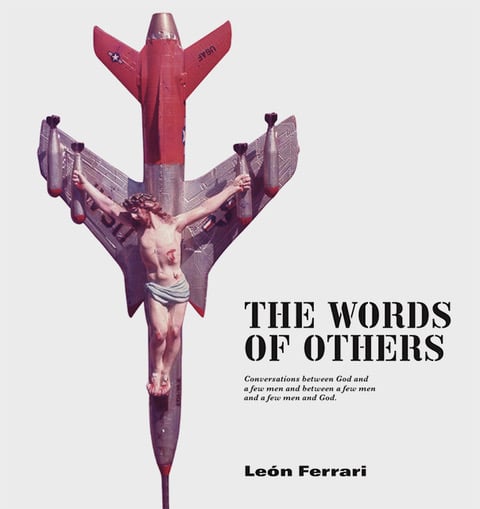
León Ferrari, Palabras ajenas (The Words of Others) (1967).
Cover of the first English edition. Published by REDCAT and X Artists’ Books, Los Angeles.
A look at the “literary collages” of the important Argentine artist, including a live performance of his 1967 experimental anti-Vietnam theater piece, Palabras ajenas (The Words of Others). (The show was originally a star of the programming around “Pacific Standard Time: LA/LA.”)

Howardena Pindell’s Video Drawings: Swimming (1975). Courtesy of the artist and Garth Greenan Gallery, NY.
The first major survey of multidisciplinary of Howardena Pindell traces her almost 50 years of painting, photography, and performance. In the aftermath of a car accident in 1979, Pindell’s work first began to veer away from strictly two-dimensional works on canvas. Since then, it has continued to cross boundaries and mix media.
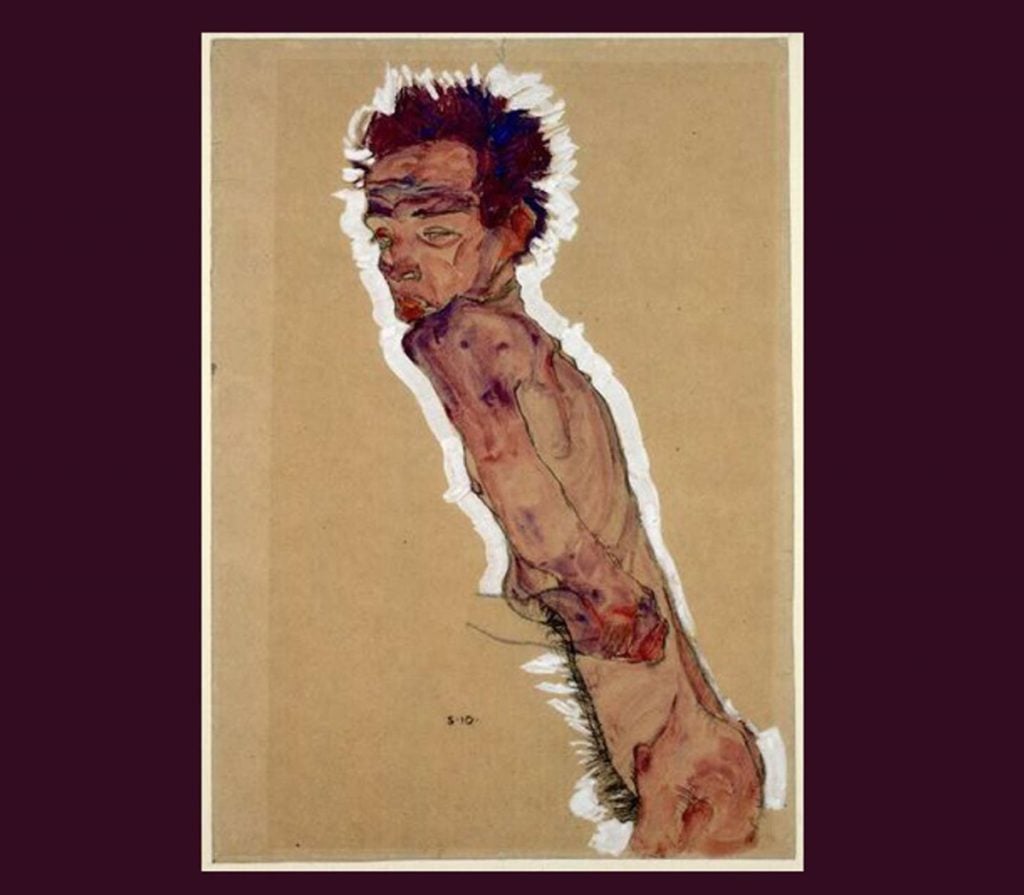
Egon Schiele’s Nude Self-Portrait (1910). Courtesy of the Albertina Museum.
To mark the 100th anniversary of the deaths of both Klimt and Schiele in 1918, a selection of drawings by both will come to the MFA on loan from the Albertina in Vienna. In this exhibition, 60 drawings by the two men will be juxtaposed, highlighting the similarities between them—in broaching the conventional norms for portraiture—and the stark differences in figuration and practice.
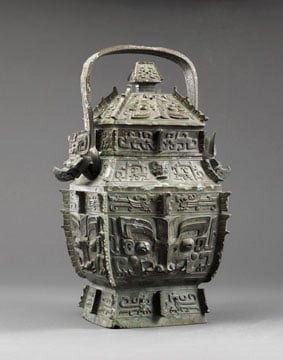
Wine Bucket (Xiao Chen Xi you), late Shang dynasty (13th–11th century BC). China. Courtesy the Shanghai Museum.
Treasures from the Palace Museum in Beijing, the Shanghai Museum, and private collections supplement the Art Institute of Chicago’s own collection, in a sweeping show exploring Chinese bronzes of the second and first millennia BC. It claims to be the first exhibition to explore the material in depth.
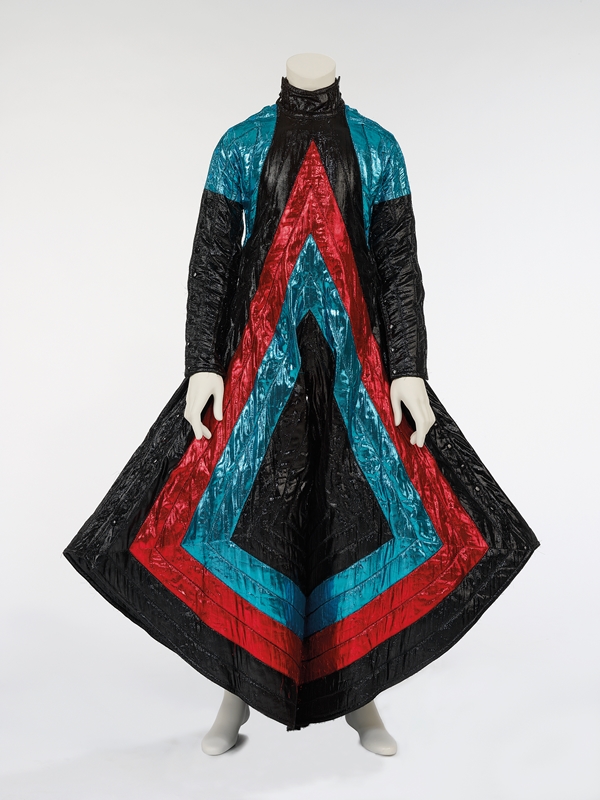
Metallic bodysuit, 1973. Designed by Kansai Yamamoto for the “Aladdin Sane” tour. Courtesy the David Bowie Archive. Photo ©Victoria and Albert Museum, London.
The blockbuster exhibition honoring Ziggy Stardust is making its final stop in New York City, after a five-year run paying tribute to the singular artist David Bowie. The show brings together some 400 objects drawn primarily from the David Bowie Archive, including custom-made costumes, handwritten lyric sheets, sketches for album covers, and more.
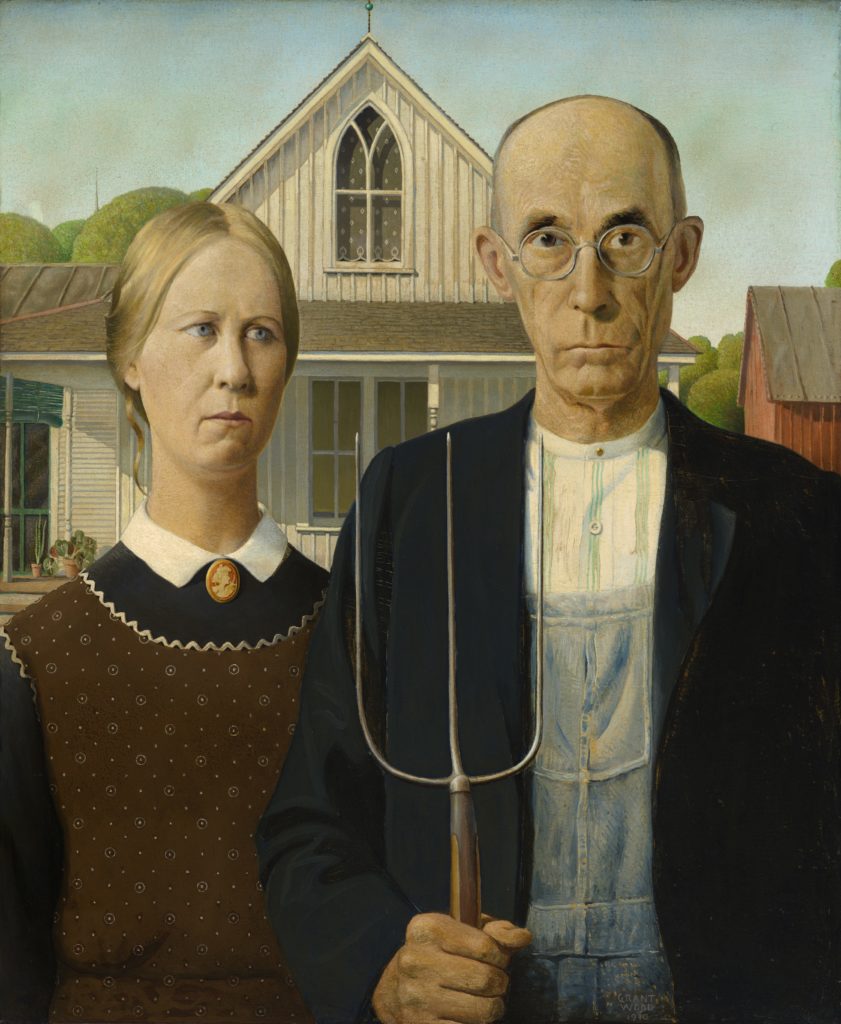
Grant Wood, American Gothic (1930). Courtesy of the Art Institute of Chicago.
Perhaps one of the most recognizable paintings of the 20th century, Grant Wood’s portrait of stone-faced farmers comes to the Whitney this spring. Despite the ubiquity of American Gothic, Wood’s oeuvre expands far beyond the single painting he is best known for. This show amasses works ranging from decorative objects to Impressionist oil paintings, and investigates the artist who gave us this specific depiction of Americana.
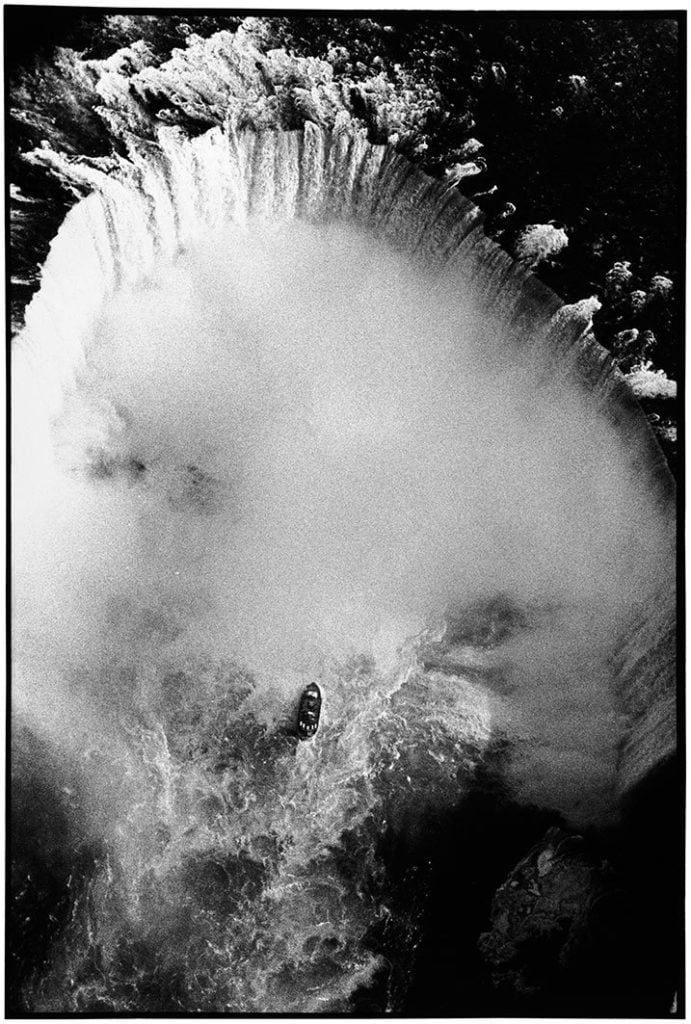
Zoe Leonard, Niagara Falls no. 4 (1986/1991). Image courtesy the artist.
The first large-scale overview of Leonard’s work in a US museum gives an overview of her wide-ranging concerns, which often stem from photography.
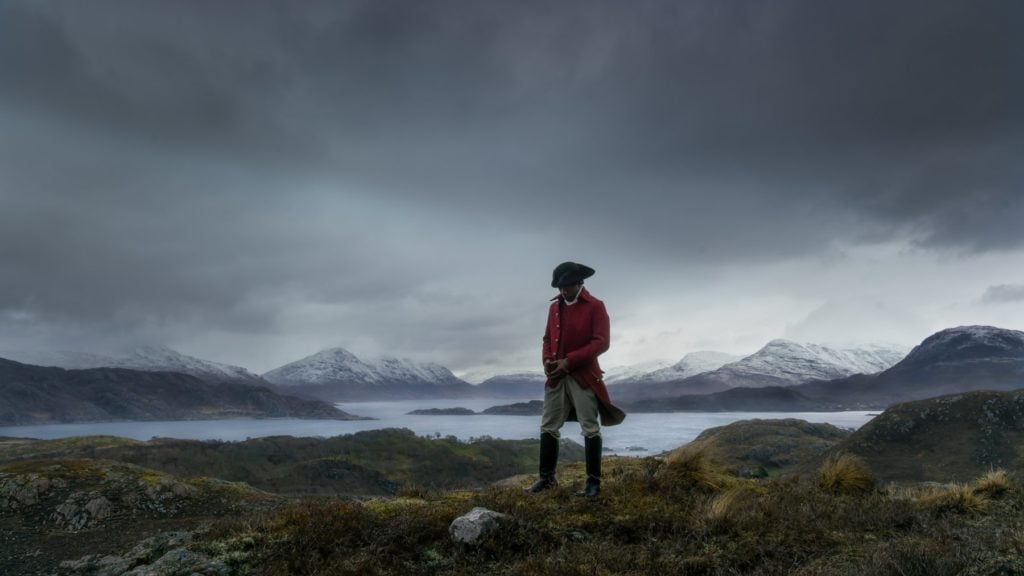
Still from John Akomfrah’s Vertigo Sea (2015). ©Smoking Dogs Films, courtesy of Lisson Gallery.
For the US debut of John Akomfrah’s three-channel video installation Vertigo Sea, the Ghana-born British artist selected J.M.W. Turner’s painting The Deluge as a counterpoint.
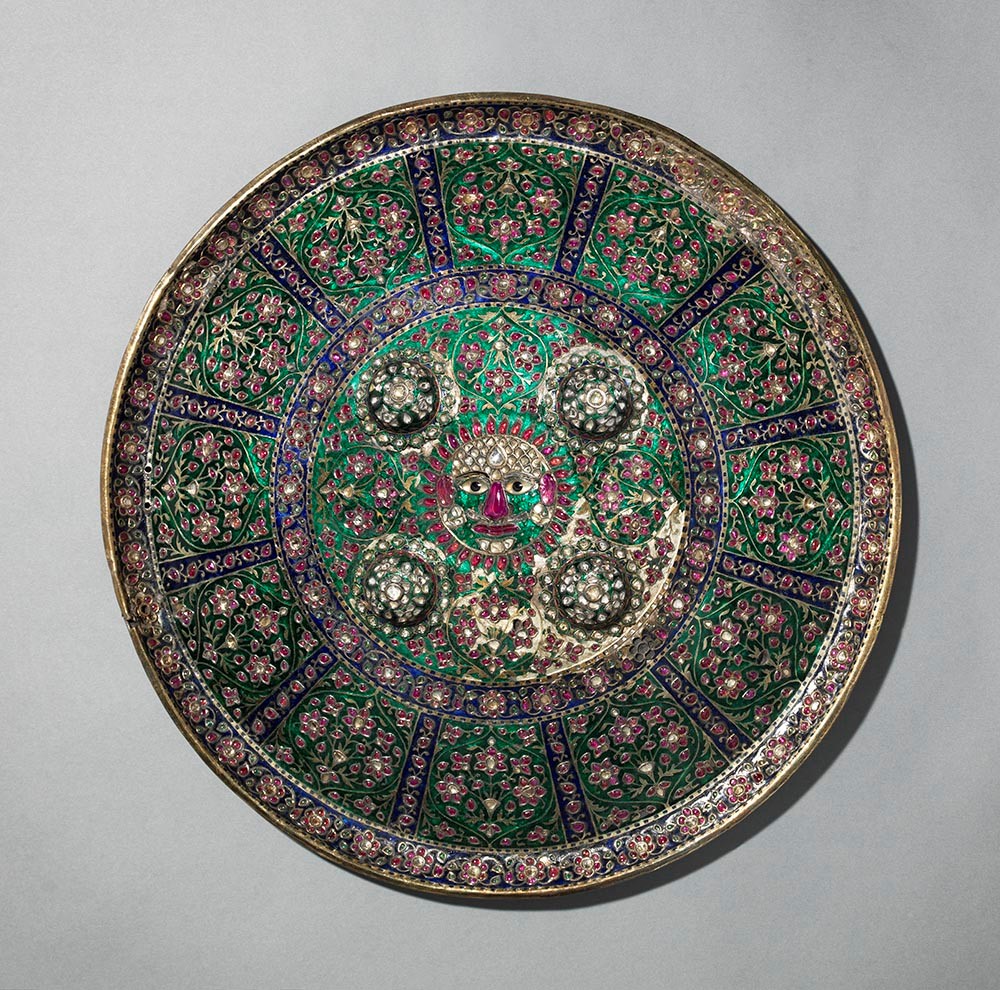
Probably Rajasthan, Shield (19th century). Courtesy the al-Sabah Collection, Kuwait.
Some 250 treasures make their first-ever appearance outside of the royal collections for which they were made, chronicling four fertile centuries of artistic creation in the kingdom of Marwar-Jodhpur, in India’s northwestern state of Rajasthan.
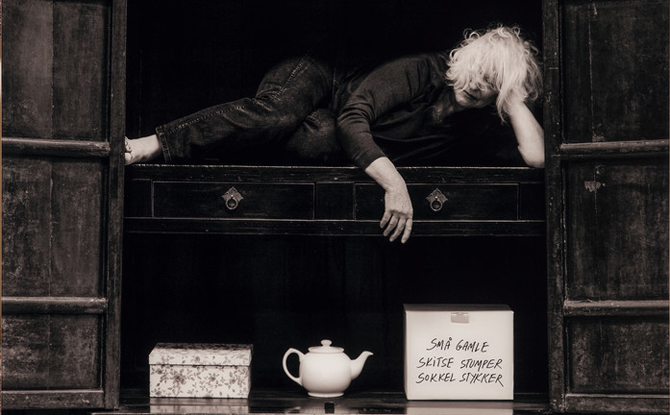
Kirsten Justesen’s Portræt I Arkiv Med Samling (Portrait in Cabinet with Collection) (2013). © Kirsten Justesen.
Four decades after Miriam Schapiro and Judy Chicago erected the famous installation Womanhouse, a project devoted to highlighting the oft-overlooked role of women in the domestic sphere, the NMWA presents “Women House,” conceived of as a sequel. This rendition brings together a fresh intergenerational group of artists to comment and question “the plurality of artists’ views on the home.”
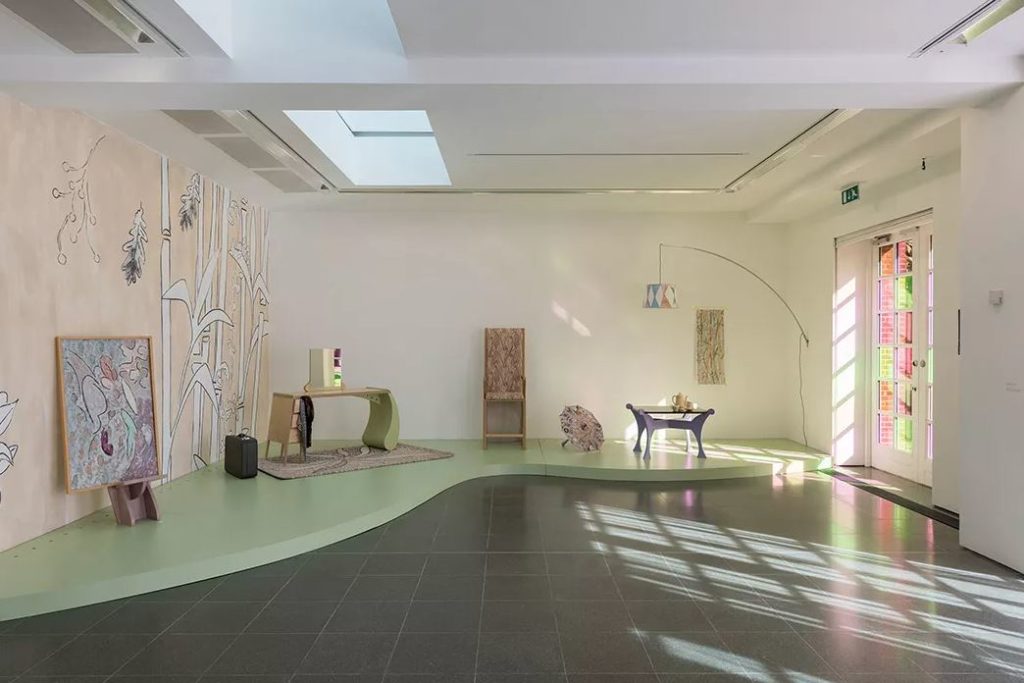
Marc Camille Chaimowicz, “An Autumn Lexicon” at the Serpentine Gallery, London. Courtesy of the artist, Cabinet, London, and Andrew Kreps Gallery, NY.
Marc Camille Chaimowicz (b.1947) became known as a genre-defying multidisciplinary artist in the 1970s. For his first solo show in the US, the Jewish Museum brings together works in sculpture, design, painting, collage, and video.
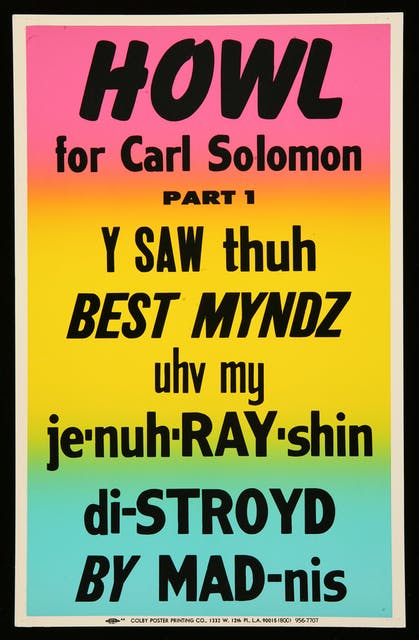
Allen Ruppersberg’s The Singing Posters: Allen Ginsberg’s Howl by Allen Ruppersberg (Part 1 & 2). (2003). Courtesy of the artist and Greene Naftali, NY.
For the first time in almost three decades, the conceptual artist Allen Ruppersberg is the subject of a major US retrospective. Ruppersberg practice is rooted in language and American vernacular, especially as it is used in popular entertainment.
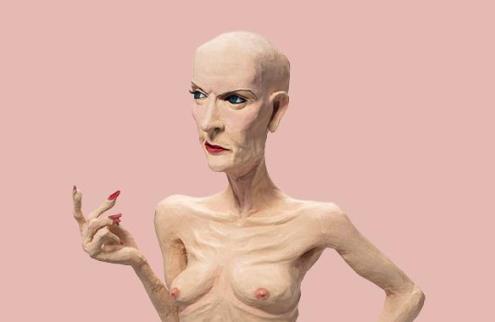
Greer Lankton, Rachel (detail) (1986). Collection Eric Ceputis and David W. Williams. Image courtesy Metropolitan Museum of Art.
The Met Breuer explores the history of making life-like or near life-like sculpture from Donatello to Duane Hansen, via 120 wide-ranging works of art or art-like things like effigies, reliquaries, mannequins, and anatomical models.
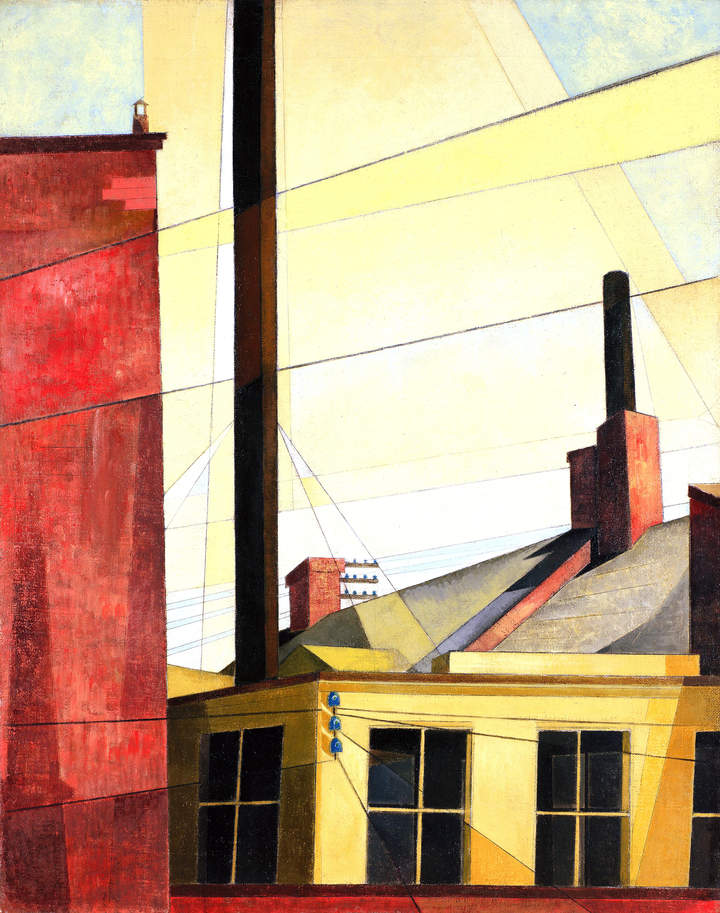
Charles Demuth’s From the Garden of the Chateau (1921). Courtesy of the Fine Art Museums of San Francisco.
Works by artists including Charles Demuth, Georgia O’Keeffe, and Charles Sheeler evince the geometric lines and an urban aesthetic that reflected the increasing modernization of the Machine Age, as technology and factory-lines became de rigeur in cities across the world.
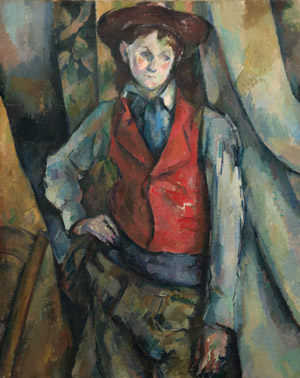
Paul Cézanne, Boy in a Red Waistcoat (1888-1890). Courtesy of the National Gallery of Art, Washington, DC.
Boasting that it is the “first exhibition devoted to the famed post-impressionist’s portraits,” the NGA’s show unites some 60 works drawn from collections around the world.
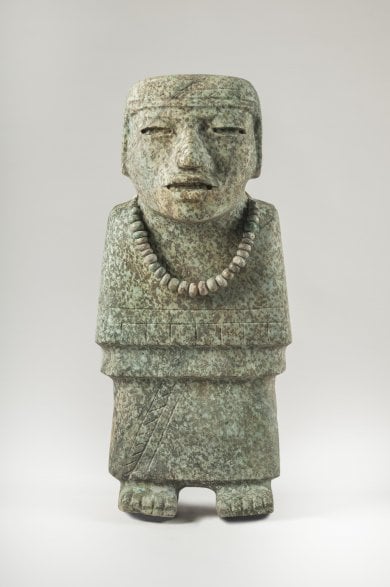
Standing Figure. Image courtesy LACMA.
Monumental sculptures and buried offerings recently excavated from the three main pyramids of the ancient city of Teotihuacan: the Pyramids of the Sun, the Moon, and the Feathered Serpent.